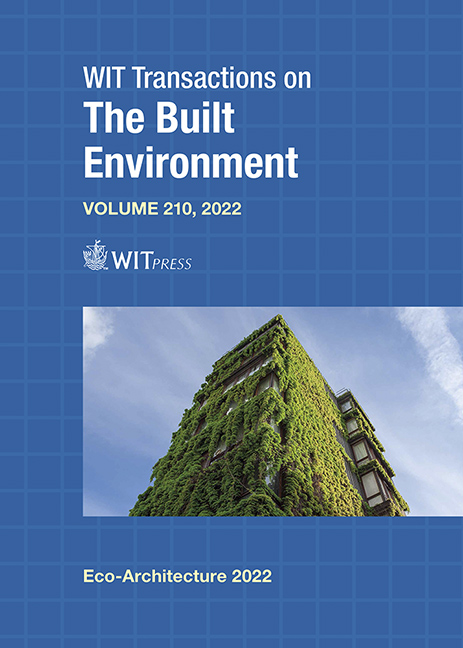HOW TO BUILD FOOD-SUSTAINABLE CITIES AND GIVE HEALTH TO THE AGEING URBAN RESIDENTS: A TALE OF TWO COMMUNITY GARDENS IN LISBON, PORTUGAL
Price
Free (open access)
Transaction
Volume
210
Pages
11
Page Range
103 - 113
Published
2022
Paper DOI
10.2495/ARC220091
Copyright
Author(s)
ISABEL MARIA MADALENO
Abstract
Following comparative historical analyses undergone over 20 years of research, both in developed and developing countries from Europe, Africa, Asia and Latin America, the question is: Can you afford to continue building unsustainable cities, under the current climate change challenges? Green corridors were implemented within the municipality of Lisbon, over the last decade, permitting residents and visitors to stroll, ride a bike, and grow their own food in several parks or community gardens approved by the Municipal Council and Assembly. The paper presents two case studies of community gardens established in the capital city of Portugal where food crops, spices and medicines are produced using organic waste from the gardeners’ kitchens, making their households more resilient to climate change and less vulnerable to supply chains, thus reducing the carbon footprint for Lisbon residents. Hope is to contribute to urban sustainability science with good examples of environmental practices within cities and towns, towards a better future for us all.
Keywords
urban sustainability, Lisbon, urban agriculture





